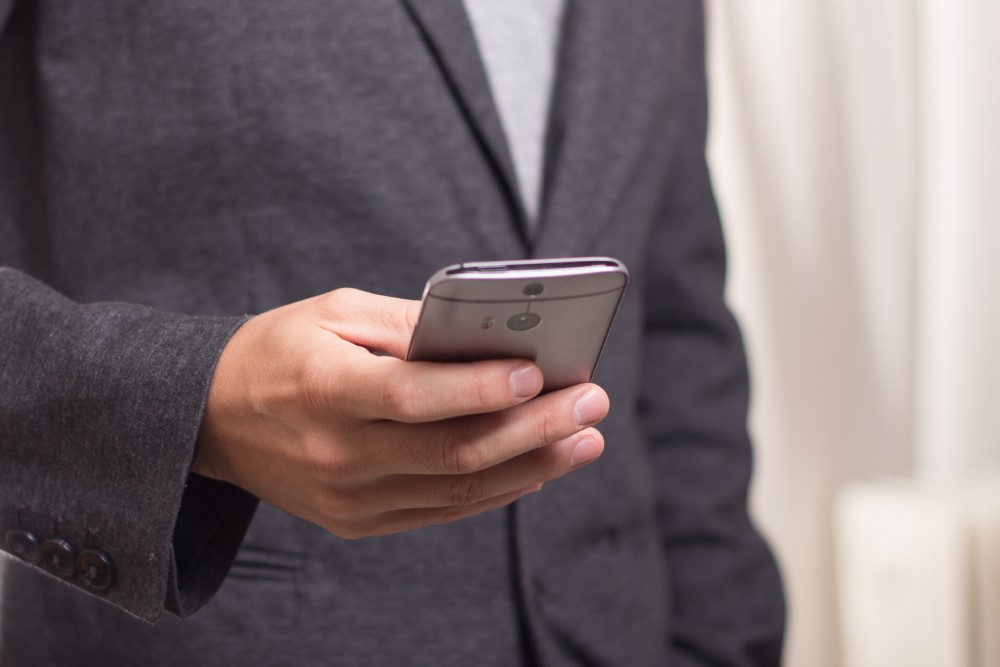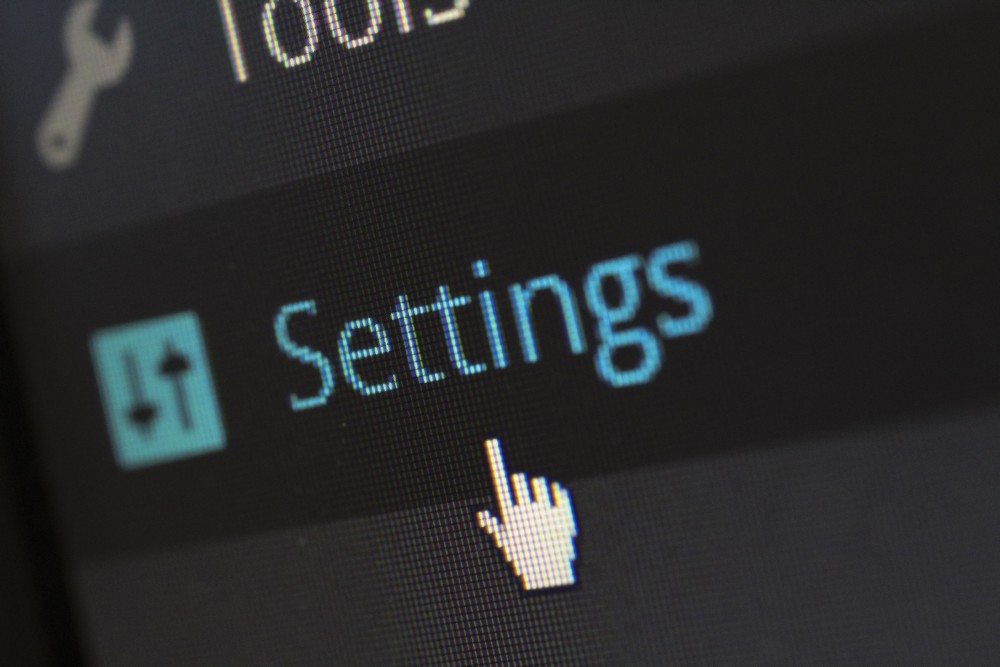Dubai’s Department of Tourism and Commerce Marketing is working to attract 20 million visitors a year to the region by 2020.
But as Dubai Digital Consultancy Omnia sees all too often, the global teams they work with from the UAE and beyond often aren’t as knowledgeable on cyber security issues when traveling for business as they are about their own personal security.
New technologies now allow for remote working, cross-continent-consulting and big new markets for export are opening up for UAE-based businesses. Modern technology allows us to remain connected and productive almost anywhere, but it’s critical to remember that the secure infrastructure of our Dubai office doesn’t travel with us.
Here, Omnia shares their top tips for staying cyber-safe while traveling abroad for business.
Loss/Theft
The obvious risk when traveling for business is the risk of loss or theft of technical equipment, such as phones and laptops. We’ve all experienced the momentary panic of losing a device or perhaps leaving it behind in a taxi or hotel lobby. Of course, it’s not the value of the product that is a cost to the company, but the data contained within it that poses the real risk.
Data theft
Cybercriminals aren’t just interested in information that is obviously valuable or commercially sensitive. They can use passwords to sell data on, they can use contact information to accurately target scams or even help them send targeted malware attacks. Potentially all data stored on your computer can be sold on the dark web — even something as simple as your email contacts list. The same goes for businesses too. It is best to be safe than sorry when it comes to keeping important documents safe. If you do some research, you’ll find that C2 Cyber says cybersecurity starts by understanding what the business is trying to achieve. The more you know, the easier it’ll be to implement the right solutions within your company.
Cyber security company Norse have an online map that allows you to view cyber attacks from around the globe as they’re happening in real-time. According to Norse’s tool, the UAE is the second target for cyber attacks in the world, after the United States.
Connection breach
The UAE is the global leader in smartphone penetration, with over 74% of mobile users carrying smartphones. Again, this growth of conducting business activities online through our devices is another reason why the UAE is a high target for cyber criminals.
The second most common security breach comes from the use of insecure Wi-Fi networks, particularly in cafes, business centers, airports or hotels. Hackers can intercept open Wi-Fi networks to gain access to devices. But even on a less serious scale, such public access points that use cables or USB drives are prone to carrying viruses, even if it wasn’t intentional. This could mean the corruption of your machine that you may need during your trip, like a client presentation for example.
So what are the best ways to avoid these digital pitfalls in the modern life of the nomadic digital office worker?
The first – and most frequently forgotten step is to regularly backup data and files from devices, particularly prior to any trips abroad. That way, you can limit the data held on the machines themselves, making them less valuable to thieves, and less of a corporate risk if anything happens to them. Installing the most up-to-date antivirus software such as Zonealarm is also a basic check you should be doing, either yourself or on the advice of your company’s IT department.
Whilst traveling, it is advisable to avoid the modern phenomenon of oversharing on social media. This isn’t just an issue of physically knowing where you are, but it also avoids being targeted by spoof emails, intercepted Wi-Fi connections or simple hotel room thefts.
Try to keep your valuable equipment with you at all times during your journey. This can be a pain when it comes to sorting electrical devices through airport security, however, not all hotel room safes or airport holds are as secure as we would like them to be. Better to be safe than sorry!
Another tip that can be ignored because it causes minimal effort on a daily basis, is the setting up of pin codes and more commonly now, fingerprint scanning on mobile phones. Also taking every opportunity on sites such as email and social media, to sign-up for two-step authentication processes. These won’t make the devices completely infallible, but they will add another layer of complexity for a potential data thief or hacker.
Disabling Bluetooth and auto-connect for Wi-Fi signals is also recommended, by changing the settings on laptops and cell phones. Whilst both appear to make traveling easier by automatically connecting you to signals, once paired your device can be easily accessed if hackers are within close range.
Using a VPN is also strongly recommended. Websites that use “https” and display the locked padlock symbol in the browser encrypt your data automatically for you, but you shouldn’t rely on this service across the board. There are lots of options online at various prices. If you think that price may be an issue then look at this torguard coupon to save yourself some money. It’s much more secure to encrypt all traffic coming and going from your computer yourself by using a Virtual Private Network. Your company may have one already, but there are also numerous providers for independent business travelers.
Thanks to modern media and police campaigns, we are now wiser than ever to email scams and can usually spot suspicious communications. However, to get around this, phishing exercises are becoming more sophisticated. You are most at risk when traveling abroad because such scams can seem more legitimate in nature — such as asking you to login to your online banking to acknowledge spending in another currency, for example. This is another reason why not oversharing your travel plans on social media can cut down the risks.
WE SAID THIS: Have a safe travel, physically and virtually.







